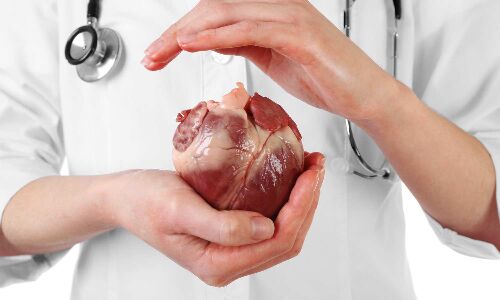31-year-old brain dead woman's heart airlifted, transplanted into air warrior in Pune

aixNagpur: A harvested human heart was airlifted from Nagpur to Pune in an IAF plane on Wednesday morning and later transplanted into a recipient admitted to the Army Institute of Cardio-Thoracic Sciences (AICTS) in the western Maharashtra city.
The live heart, retrieved from a woman declared brain dead, was successfully transplanted into the recipient, a male air warrior at the Pune-based AICTS, later in the day.
The vital organ was sent through a green corridor created by the civil administration before being transported to Pune, more than 700 km from Nagpur, on an Indian Air Force (IAF) AN-32 aircraft in the "most expeditious" manner, said a defence release here. The flying time was around 90 minutes, said an official.
A separate press release issued by the zonal transplant coordination centre here said the donor of the heart was a 31-year-old woman, Shubhangi Gannyarpawar, who resided in Nagpur with her husband and one- and-a-half-year old daughter. The woman was admitted in a private hospital in Nagpur on July 20 after complaining of severe headache and was later diagnosed with severe blood clotting in the brain, said the release.
She was declared brain dead and convenor of zonal transplant coordination centre Nagpur, Dinesh Mandpe, spoke with her family members for donation of organs, it said. With the consent of Shubhangi Gannyarpawar's husband and brother, the heart, liver and two kidneys were donated to four recipients -- one in Pune and three in Nagpur.
A tweet by the Southern Command, headquartered in Pune, said AICTS performed successful heart transplant. The donor was a homemaker, while the recipient is a 39-year-old IAF air warrior, said the tweet. "Green corridor was provided by IAF Traffic Police Nagpur & Pune & SC Provost Unit," said the Southern Command tweet. A green corridor is created with the aim of expediting organ transplants and saving lives. For a green corridor, the traffic department collaborates to transport a vital organ in less than 60 to 70 per cent of the time that is usually taken to go from one place to another.
from Medical News, Health News Latest, Medical News Today - Medical Dialogues | https://ift.tt/VzYUgAa
Comments
Post a Comment